Hosts Mary and Blake discuss all things with Outlander writer and Executive Producer, Ira Steven Behr. In this episode you’ll learn all about: Ira not knowing if he could write for 18th century Scotland, the duties of an executive producer and being a consigliere to Ron Moore, his surprising expertise for Outlander, writing The Garrison Commander as a one act play, slowly becoming the “Black Jack Guy”, why GETTING to Wentworth really excited him, his writing process, Ira’s fascinating answer to those who thought the show went too far, and why the controversial scenes were necessary to the story, the most poignant moment in the show, the one time Ron blinked, finding balance and the idea of love conquering all in Outlander, and why Blake fangirls a little more than he wanted to..
Subscribe: iTunes|| YouTube | Download: (.mp3) | Mobile Play | Like Us On Facebook

Outlander Cast: Joining us today is Ira Steven Behr, a television producer and screenwriter most known for his work on Star Trek:The Next Generation but especially on Deep Space Nine, on which he served as showrunner and executive producer. He was also the executive producer and showrunner on Crash and Syfy’s Alphas, but we all know him as a writer and executive producer on our favorite television show Outlander. Ira, Thank you so much for joining us here on Outlander Cast today.
Ira Steven Behr: Absolutely
OC: Why don’t you start off by telling us how you came into Outlander
ISB: That’s simple enough. Ron and I had been actually talking for maybe close to a year about doing something together. And we were working on a number of projects that we were trying to get off the ground. So we had been meeting more than we had in quite a while, and that was a lot of fun. And we were just trying to throw balls up into the air and see what would land. And, at the same time, I knew he had something going on at Starz, and we really hadn’t discussed it. So when he called me and he said something just happened, and you’re one of the first people I’m calling. And I want to know if would you be interested in doing this with me and all you have to do is read a 700 page book and give me your answer in a week. So I was like, “OK.” I was unaware of the whole phenomenon of Outlander. But I sat, and I read the book. And I called him back and I told him I thought it seemed interesting. I had no idea at the time whether or not I could write this material-something from the 1700’s in Scotland. That was something that all the writers turned out to share. That same kind of, “Hmm can we actually do this?” I said yes. And the next thing I knew, we hit the ground running. That seems like five years ago. It’s not, it’s at least over two years ago. And so far we have sixteen episodes of television to show for it.
OC: In addition to being a writer, you are also an executive producer on the show. So to an average fan, what is that? And what is your day like on the set of Outlander?
ISB: That’s kind of two questions. The executive producer credit can mean a lot of different things. Mainly it’s often given as a kind of bone to writers in lieu of money or because they have climbed the ladder. It’s kind of a meaningless title. I’ve been a showrunner obviously for a number of years so it depends on when Ron’s not in the room, I kind of run the writer’s room. And on the set I do what everyone does. Which is basically I’m here for a block of episodes and since we shoot, unlike in the states where we shoot one episode at a time, here they shoot two episodes at a time. And in this case for the Starz Season Two we are shooting three episodes at a time. And the job besides all the pre production work, casting and meeting with the directors and meeting with all the department heads and all the sidebar meetings. Meetings, meetings, meetings. And rewrites, production rewrites, the job once we go into production is to be on the set throughout the shoot be there as kind of I guess you can say quality control. But the directors would probably have my balls for breakfast if they heard me say that. It’s basically to know the intent of the scenes and know where we are at any given time. Since when we do multiple episodes at any given time it’s easy to get lost and what the scene was before and what the next scene is after. Just to be on the set to answer questions and make sure that the ship stays on course.
OC: Given your history with Ron, it sounds like your kind of his consiglieri. He goes to you with the issues he has troubles with. Is that true?
ISB: I would say that I have used that term myself many times. (Blake: Smart men think alike. I’ll say that.) So, yes, there’s a lot and we have an amazing short hand. I think at times maybe too much so for some of the other writers. I know that there are times I had to veer in a way that the other writers sometimes feel like they do not. So it’s a fine line you have to walk. But I’m there to be as honest as I can and not be shy about stating my opinions. But at the same time I get it. I’m there to be a supportive piece of the puzzle. So that’s what I do. That’s how last season went. I was originally going to write as my first script episode three and episode six was broken by the staff. And I could tell and Ron could tell that there were some issues about the confidence in that script. I went to Ron and I told him, “Look if you want me to do it, I’ll switch episodes. I’ll do six.” and he said, “Yes, yes, thank you. I know you’ll do it, and we’ll have a great script out of it.” So it’s that kind of stuff.
OC: So Episode Six being “The Garrison Commander” you have credit on that. You have credit on “Wentworth Prison.” Obviously you have credit on the finale “To Ransom a Man’s Soul.” It seems like you’ve pretty much cornered the market on Black Jack Randall. Was this by design?
ISB: It certainly wasn’t by design. Like I said, I didn’t come into the show…I mean the main thing, I think, that I came in with was the whole Angus/Rupert relationship and bringing them as characters in a more “up front” way than they were in the books. And that was my thing coming in. And we even went back in episode two and added the Rupert scene. And I was a big proponent of those two characters not everyone agreed with that at the beginning….(Blake: Which scene are you referring to?) The scene where Rupert is following her, and he says, “I’m the eyes and ears of….” Yea, that scene. I wrote a couple of scenes some of them obviously since we were trying to shoehorn them in in what were basically completed scripts were difficult. There was a funny scene with Angus and Murtagh at one of the dinners at Leoch that I wrote and got into the script, but we had to pull it out because we didn’t have time. But the Rupert thing survived. But, that was my thing. I wasn’t thinking about Black Jack at all until I got into “The Garrison Commander.” And then knowing that there wasn’t much there from the book. There was a very small section of the book and not very detailed except for the punch, it gave me a chance, as Ron said at the beginning, to write basically a one act play. And that’s when I really got into the character and started to come up with all of these little pieces that interested me. There was a lot more with the general and the other soldiers in my script and it had to be cut for time. It was the small details: the pouring of the wine out the window, the line “the truth bears the weight that no lie can counterfeit.” I mean there were things that I just discovered along the way that made it these little things that started to fascinate me and I realized just what a complicated…I never really thought about Black Jack much or that he was a complicated character, except for that he had a wicked dark side to him. But that wasn’t all that interesting at first for me but then as I went through it, and yes, then I became Black Jack. On the episodes I would be brought in to “punch up” the Black Jack scenes. And then, obviously, writing of fifteen and then Ron got stuck and asked me to jump onto sixteen and write all those scenes with Black Jack. So suddenly I’m the “Black Jack guy” and I read about how wonderful Tobias is and I go, “ohhh, interesting.”
OC: So, Getting back to the episodes 15 and 16. I had read somewhere, I forget where, Diana Gabaldon provided you and Ron some notes on how to handle “Wentworth” apparently. With that said what kind of research did you do? And how did you get into that mental place to write such a controversial television episode? In other words, what was it like trying to break that story with Ron? Like I know you said he brought you on to sixteen. What was that whole process like?
ISB: Here’s the thing, which I don’t know if it makes for good stories or not, but actually I wrote “Wentworth Prison” in something like six days. I just kind of zipped through it. When I talked to Ron and I said. “Heya do you wanna read fifteen?” And he goes, “What are you talking about?” And I said, “Well, I’m done.” And he goes, “You’re done? That was fast.” I said, “Yea, I wasn’t doing anything else at the time. It was quiet in the office….” It’s there were things that obviously the book helped with. But again there were things from the show itself. Now that we had a history with Black Jack, that whole piece about talking about how he had made this masterpiece with Jamie and that connection. His obsession with Jamie. At that point in the season, I had spent so much time thinking about Black Jack, that, as I’ve said in other interviews, it was a lot easy to write than actually watch them film. That was very uncomfortable watching it. But the writing of it, the characters are rich and interesting. It’s an interesting situation. It’s a disturbing situation. It was a….the part of rubbing his face, the licking the….the “how does it feel” I always get excited when I feel there’s one line, not for the audience or for the actors but for me that kind of sums up the episode for me and what I’m trying to achieve. So when I wrote the line in fifteen about “What does it feel like to be alive, yet wear so much dead flesh?” That line just explained a lot to me. That obsession, yes, there’s the sexual aspect of it, but the sexual aspect was not as interesting to me because I knew it was going to happen. It was there, and people were going to talk about it and blah, blah, blah. But it was getting to there, getting to there. That’s why adding the situation about Black Jack coming to give him an honorable death. That seemed like an important thing to keep Black Jack from being just a cliche-crazed, hard type of villain. He did have this “code of honor” that he cared so much about Jamie that the mere thought of him hanging at his death was unworthy of him. He really wanted to give him a worthy death. If not for the cattle stampede, Ron and I had talked it over and we said without a doubt, he would have killed him. He would have honored his part of the bargain and killed him. There was no way he could save him at that point. Not that he even necessarily even wanted to save him, but… I look back on it, and it’s like any script. You get into a zone. You have zero pages when you go in there. All you have is a blank screen or a blank pad of paper or whatever, and six days, eight days, ten days, twelve days later, there’s 50-60 pages; and every time I do it-and I’ve done it a lot-I look back and say “How the fuck did that happen? Where was I when that was going on?” It’s all a blur.
OC: Magic of the process. Well some people have said the show went too far with how graphic those scenes are in the last two episodes. What would your response be to that claim?
ISB: My response is: Everyone is allowed to have their opinion. One thing that I find that always leaves me with a kind of quizzical feeling is that…I collect books. I read a lot all different types of books. I read a lot of fiction. I see a lot of movies. I am a compulsive movie watcher. I watch movies from all times from the ‘20’s to the 2000’s. I watch American films, French films, German films, Italian films, films from all over. And I never judge a movie by whether I find the contents disturbing, or whether I agree with things that people do. It seems like a very simplified way to go about viewing something or reading something. Yes, it’s entertainment, and it takes you out of yourself, and it’s all that stuff that we can talk about for hours. It’s all about the experience of creation and viewing and no time for that here. But the idea that the images are disturbing, things that I don’t like. things that make me uncomfortable. That’s not even bad nor good. I never keep that into consideration. Is it necessary? Does it work? That’s what matters. So when I hear all this discussion about, I didn’t like it because I had to watch this; or it made me feel this; and oh poor that. I have a very hard time dealing with that. There’s a lot of things that go on in life, a lot of them good and a lot of them bad. And execution, when it comes to portraying them, is everything. I never once felt any sense of discomfort that we were being gratuitous, or that we were taking advantage of the situation. I remember when I read the book, I thought “Wow crazy ending. What the hell is this? I didn’t see this coming. But, ok that’s there. And that’s what this is about.” This is that part of the story. I just don’t, I kind of zone out. Which is why I never, let’s not say never, but I hardly ever read blogs and sites and all the…. our job is to do the best show we can do, and then it’s up for everyone else to decide whether we succeeded or failed. And I can’t do anything about that. It’s out of my hands at that point. And as one of my favorite lines in movie history, “All I want is to enter into my house justified” and I think with the first season of Outlander we can all enter our houses justified and that’s what’s important.
OC: We read an article in the Observer which we actually really agreed with. They said “the viewer needed the unblinking eye of the camera to see what was going on here. It compelled the viewer to watch it. In the end it was the excess that created the success for the episode.” And with that in mind you talked about the experience and was it necessary. I can understand everyone has their own opinion, but what would you say to a viewer that…why would you say that that was necessary for the story?
ISB: I think, “why was it necessary?” Well, that’s the story about that relationship. That is the story. So we were either going to sugar coat it and dumb it down and kind of lean away from it and make it something that had no reality in it (And I don’t mean like reality reality. I’m talking about the reality of the show) It had to fit into the reality of the show. What had come before. How we dealt with things before. And it was all had to be of a piece and this is what’s going on. There’s nothing, there’s nothing worth turning away from or lowering the eyes in a situation this ugly. It’s like, yes, if the audience doesn’t want to look at it, that’s fine. They can turn away; they can lower their eyes; they can change the channel. But WE have to look. We, as the creators, have to look at it. We have to present it. If it was a…and I know people keep talking about it was rape when obviously this doesn’t quite fit into what people usually think about what is rape-which is a whole other discussion; which I don’t feel like getting into-but I kept thinking, if Jamie was a woman and this is 2015, and we’re doing the show, are we going to be truthful or are we going to lie about it? And I think with the way television has grown up, I think to a certain degree, since The Sopranos. The “New Golden Age” as they keep saying of television. You have to go for it. That’s the material and you have to do it. You have to try to make it as honest as possible. It just cracks me up, because there’s so many things we could’ve done if we really wanted to be…you know, if our whole reason was to horrify or take advantage of the situation, good grief; we could have made it really ugly, ugly, ugly and just kept it going and all that kind of stuff. But we did not. That’s because that’s not what the intent was…that’s the story. Diana took you to a dark place and, dramatically, I think it works very well. In some ways I think it works..it’s focused more, a little bit more than it is in the books. Because in the book you can digress, and you can get into long discussions about this, that, or the other thing they to describe this. There’s less of that on the TV show; less time, and it’s just more immediate, and it lives in front of you. That’s what I would say to that person, if I was talking to that person and that person wanted to talk to me and actually wanted to hear what I had to say. But that conversation is never going to take place, most likely. It’s all make believe.
OC: It was make believe conversation with who know’s who.
It was a good exercise. Let’s put it that way.
ISB: Yes, that’s right.
OC: I wanted to know if there was anything we saw as viewers in any of these episodes that you had to fight for to make it into the final product? (ISB: Are you talking about 15 and 16?) Yea, we can just say 15 and 16. We can stick with those two. (ISB: Wow, I’ve got to think about it. I mean…) If not, don’t fret. I just didn’t know if there was anything.
ISB: There were things. Like the scene with them in the tavern at the beginning of 15 with Angus and Rupert and the finding out the information. There was a question about whether we needed that or whether the humor was a correct way to go. But at the end Ron said thank God we had those moments. The ending when they’re saying goodbye on the beach and the kind of strange goodbye with Rupert and Angus and Murtaugh. To me the most poignant moment in the whole show, believe it or not, is them sailing away in that rowboat, and Willie standing there alone watching them go. Willie to me is another character who didn’t really exist, and we almost didn’t use. It was only when we hired Finn that we really realized this was a character who we could use and be a whole other texture in the show. And he is obviously in love with Claire, though he would never articulate that. He’s this young, very religious kid. I don’t know. There was something him not being able to tear himself away which I found very emotional, and that could have easily been lost. There was one shot that Ron cut that I really wanted to keep in, but he said he just, he blinked, which was in the second rape scene where Jamie acquiesces to Black Jack’s advances. There was one long shot that was pretty disturbing which we are talking about putting into the extras maybe on the DVD. That wasn’t even written in. It was just something the actors did on their own. But I thought it was really good, and I wish we would’ve kept. Really, really uncomfortable.
OC: Can you talk about it or do you wanna leave it…
ISB: It’s only a shot. It’s a shot. To describe it would lessen the impact, (OC:Then we’ll just leave it at that)so let’s hope they put it in. I actually wish we could cut it into the show itself. But I doubt we can do that now even for the DVD. But anyway… I have to say, I had a really good experience Season One of Outlander. I mean, yes there were things about some of the scripts. (Episode)10 “By the Pricking of My Thumbs” had a lot of, it was just covering so much ground. I think we needed a little more time to shoot some of the stuff. That left me frustrated. But that’s such a rare occasion and even that show had Simon Callow as Sandringham and I had such a good time writing. And I got to actually write my first sword fight, which was great because I didn’t want it to be a sword fight, I wanted it to be a brawl. And I really was happy the way that turned out. So I had a really good time. And I really, I know it doesn’t mean…everything is about 15 and 16. But creatively I felt very good. Let’s put it that way. Not so much having a good time, because writing is always, well I wouldn’t quite describe it as a good time. But I really was creatively fulfilled in Season One and it’s…I only have good thoughts about it.
OC: As dire as these past two episodes were, there was a lot of balance between the humor and the terror and love. (ISB: Quite dark) Yea, yea. But ultimately I felt these episodes were about love. And do you feel that love conquers all in Outlander?
ISB: I think that the Jamie…the Claire/Jamie story is obviously at the heart of the show. And their love story is a pretty, great, optimistic love story. Although there are other love stories, you know, the Frank/Claire story is pretty damn interesting. And the Murtagh/Jamie story is pretty interesting. And the Angus/Rupert story is interesting. And the love/hate between Colum and Dougal is interesting. And the Laoghaire/Jamie story…I mean there’s tons of relationship stories. But I don’t know if love conquers all, because the story has barely begun. And these people go through some heavy changes. But it’s unlike a lot of shows where in the history of television where the couple gets married it loses it’s theme. And you know what’s next, once they’re married, the story seems to end. That’s not true with Outlander. And I think that their story continues. And there’s a lot of healing that has to get done, obviously. There’s a lot of changes in store in Season 2. But ultimately that relationship is something that the fans want to watch; the writers want to write, too. And, so yes, in spite of all the darkness in the series and all the pain and suffering-emotional, physical-in the series, I think ultimately it’s an extremely positive story about love, like you said.
OC: Well thank you so much for taking the time out of your extraordinarily busy day to speak with us on Outlander Cast. We really appreciate it. I can speak for Mary in saying, “Thank you, so much!” Our listeners are going to freak out when they hear this. It was an absolute pleasure to speak with you. I have been a huge fan of yours since your days on TNG and even DS9. I’m kind of like fangirling a little bit here just to speak with you.
ISB: Well I hope it wasn’t too much of a disappointment and once again congratulations on the new baby. And all good things for you guys
OC: Thank you. And all good things for you. I know you said you’re starting to do the filming over there in Scotland already with your long nights. So we wish you the best and lots of goof coffee!
ISB: Thanks alot guys.
OC: Wow! Thank you once again Ira for joining us. What an AWESOME guy!
Want to help us create more podcasts? Take a look at our our Patreon page!
This episode of Outlander Cast is brought to you by the “Tag Your ‘It'” ETSY shop. “Tag Your It” specializes in Outlander inspired Jewelry. Please visit the owner, Dawn, at www.TagYourIt.Biz
You May Also Like These Posts


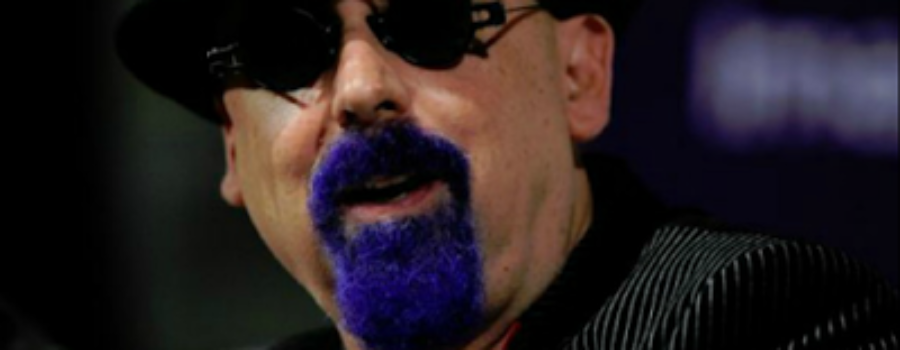





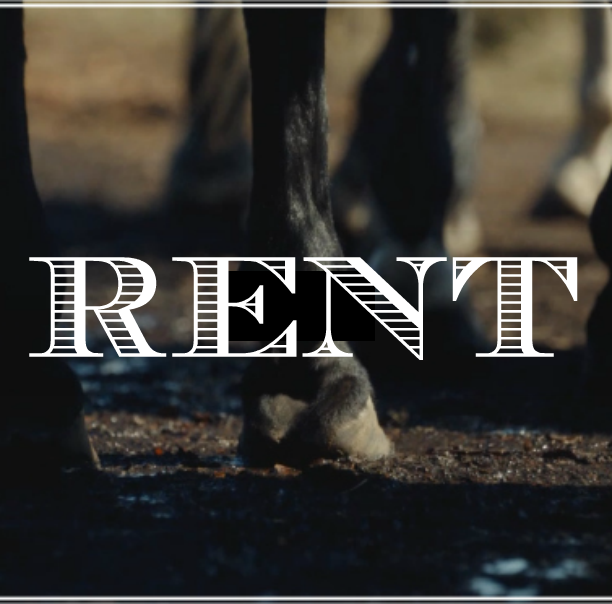
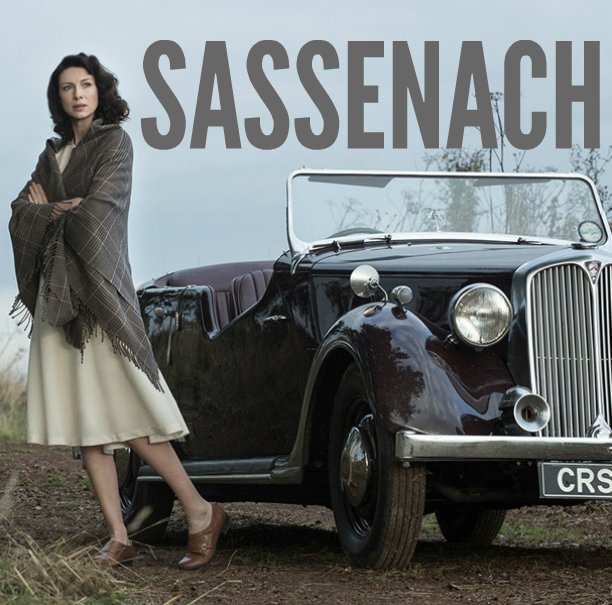
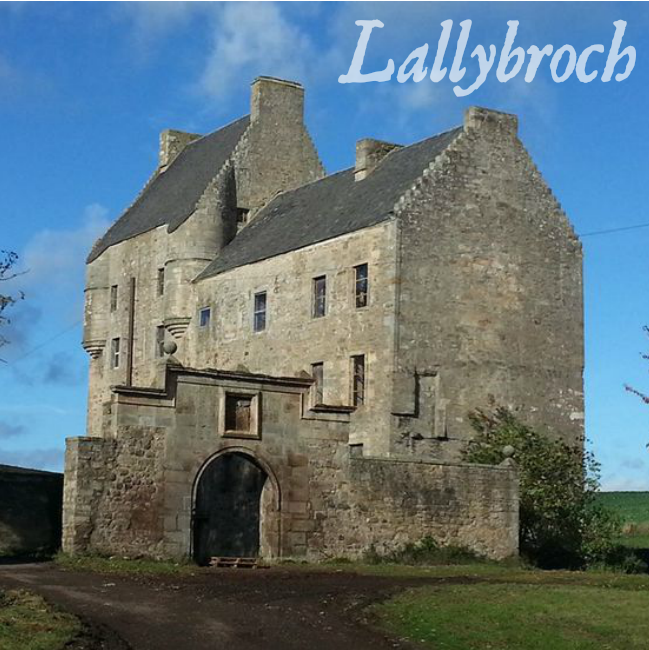

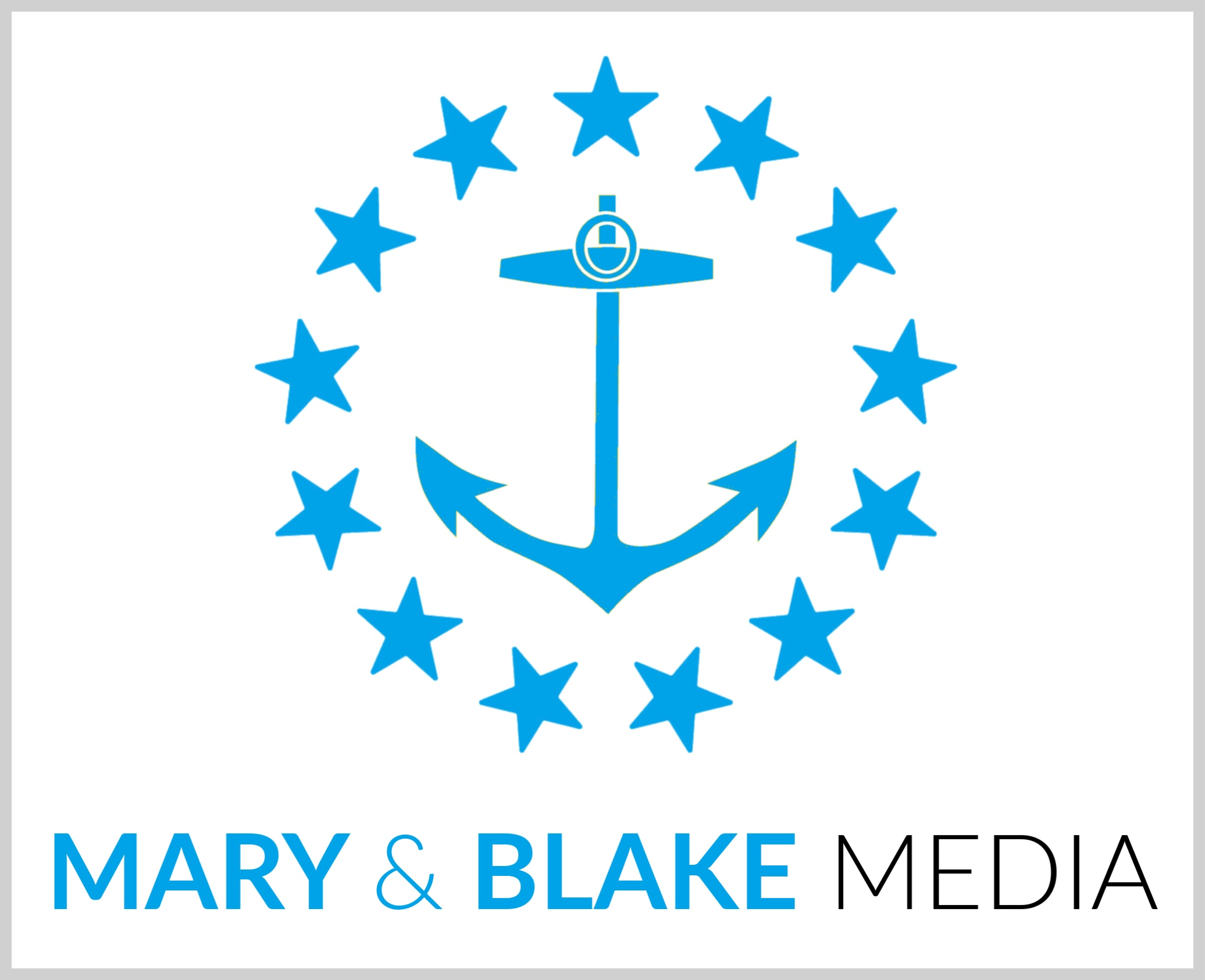



7 Comments
Leave your reply.